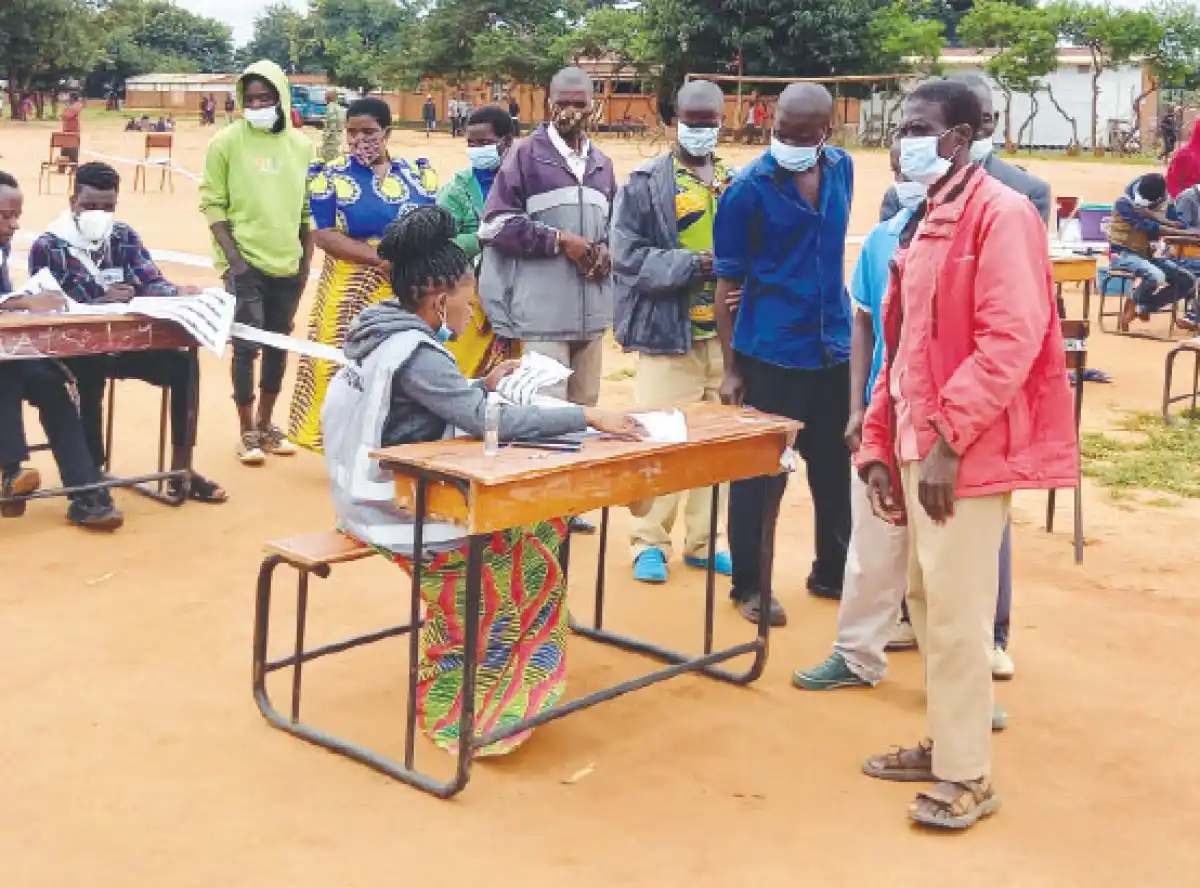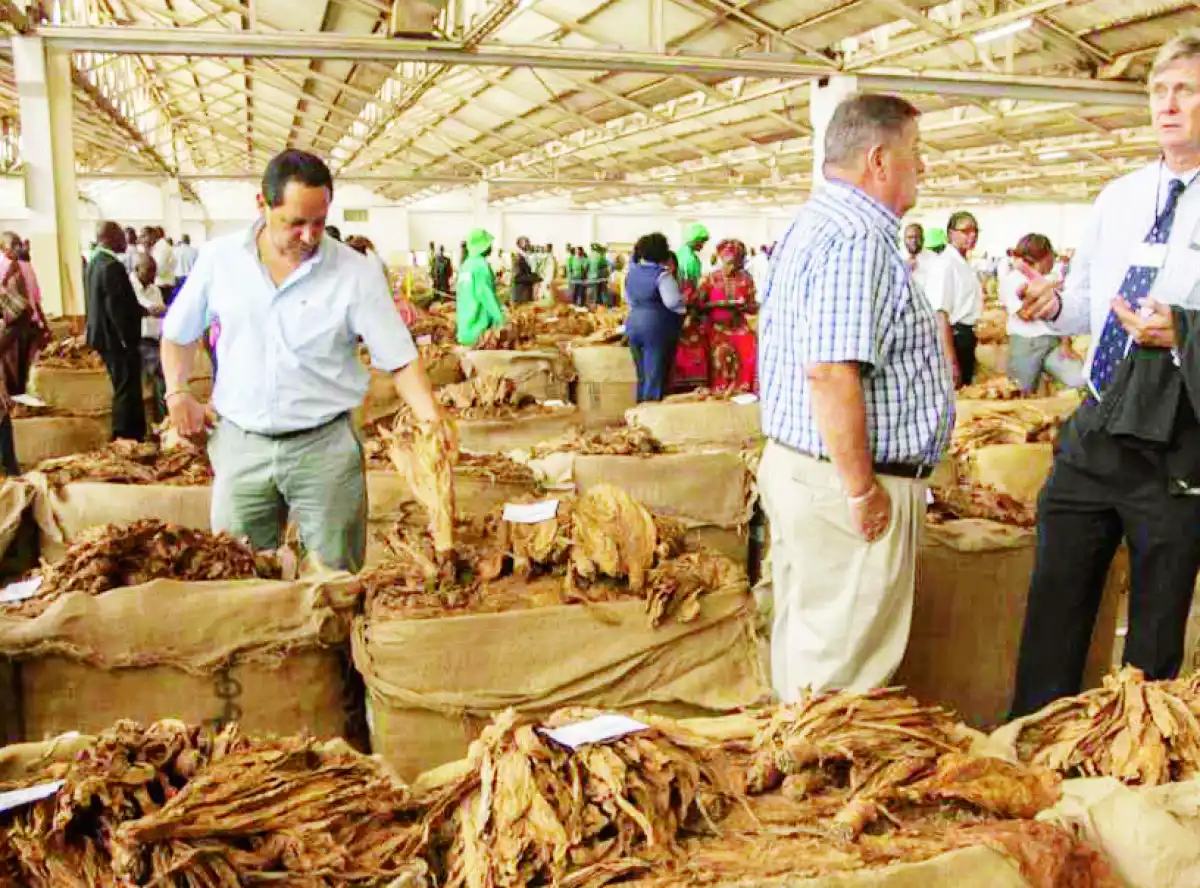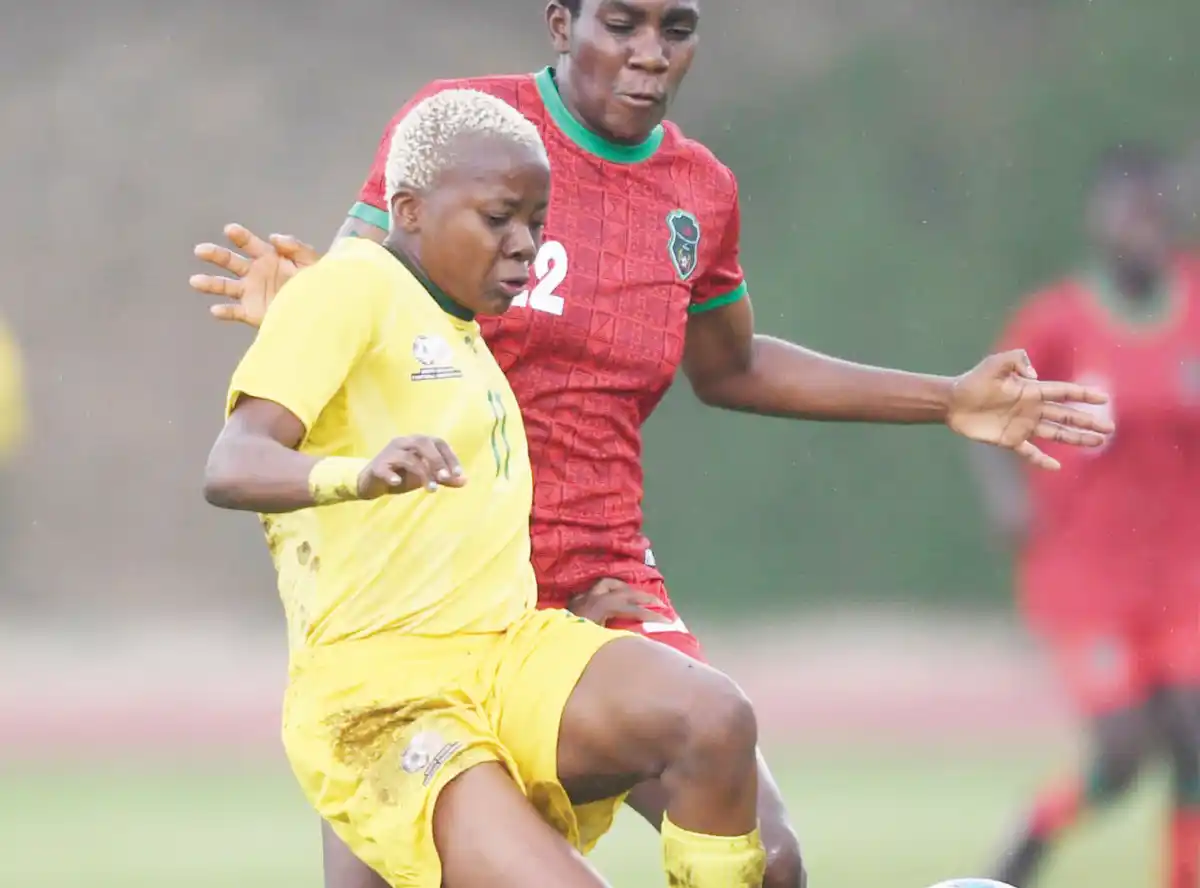
Results of this week’s by-elections in Karonga should present Malawians in general, and political leaders, in particular, food for thought on how voters could behave in next year’s elections. Candidates for the Malawi Congress Party (MCP) emerged victorious in all the by-elections held on March 26 in Chilanga, Rukuru and Kaporo Wards.
This is despite the party’s very poor rating by Afrobarometer results about how the Tonse-led administration under MCP’s leader Lazarus Chakwera has handled the economy and other issues.
In this article, I argue that the undisputed outcome of the Karonga results is that they will help to buoy up MCP’s morale going forward. On the other hand, they show that MCP-led administration’s dismal performance does not make DPP an automatic alternative for Malawians.
Here is a summary of the 2022 Afrobarometer survey results which show Malawians’ revulsion for the Tonse-led administration. The survey showed that large majorities offer negative assessments of economic conditions as follows:
- 85 percent describe the country’s economic situation as “fairly bad” or “very bad,” and 74 percent say the same about their personal living conditions.
- Looking ahead, Malawians are pessimistic about the country’s economy: Only 16 per cent think things will get better in 12 months’ time, while 63 pwercent expect them to get worse.
- More than eight in 10 citizens say the government is performing “fairly badly” or “very badly” on management of the economy (85 percent) and other key economic tasks.
- Management of the economy tops the list of most important problems that Malawians want their government to address.
- Almost two-thirds (63 percent) of citizens say they went without a cash income “many times” or “always” during the previous year, and 35 percent frequently went without enough food.
- Almost four in 10 Malawians (37 percent) experienced high levels of lived poverty during the past year, while another 38 percent experienced moderate lived poverty.First, ordinarily, the outcome of the polls in the three by-elections should have been a straight vote-of-no-confidence in the Tonse Alliance leadership. So, why did MCP, whose president is leading the Tonse Alliance, triumph in the polls?
Secondly, why has MCP won more seats in both parliamentary and local government by-elections since 2020 across the country?
My view is that the Democratic Progressive Party (DPP), which is the government-in-waiting, has not done enough to convince voters that it can be a better alternative to MCP. At least not in Karonga and not in all the areas where MCP has grabbed more seats. From what Malawians already know about how the DPP-administration fared between 2014 and 2020, and what MCP has demonstrated since 2020, there is very little to choose from.
In the 2019 parliamentary elections, Karonga was equally shared between DPP and MCP. Each party got two seats and one was taken by an Independent candidate. Karonga North Constituency where Kaporo Ward is located is held by a DPP lawmaker. That the ward has slid through DPP’s hands suggests the party is losing ground in the area. DPP should be agitated by this. But there is still time to change the narrative.
Similarly, that MCP has triumphed in all the by-elections is far from being a guarantee that all is well and it can now sit back and bask in its laurels. In politics eighteen months is a century. Besides, these are only three wards out of 5 009 that will be competed for in 2025. History has also shown that local government polls are not as strongly contested for as parliamentary and presidential polls. That is why voter apathy is always very high in the local government by-elections.
Just for the noting, UTM Party candidates came second in all the three by-elections where it scored third in 2019. This also suggests that DPP could be losing shine in this part of the district.
At best, the outcome of the local governments in Karonga while giving hope to MCP which has fared badly during the four years it has been in government, should be a wake-up call to the DPP to do more to attract voters. Malawians are demanding more from political leaders.








0 Comments